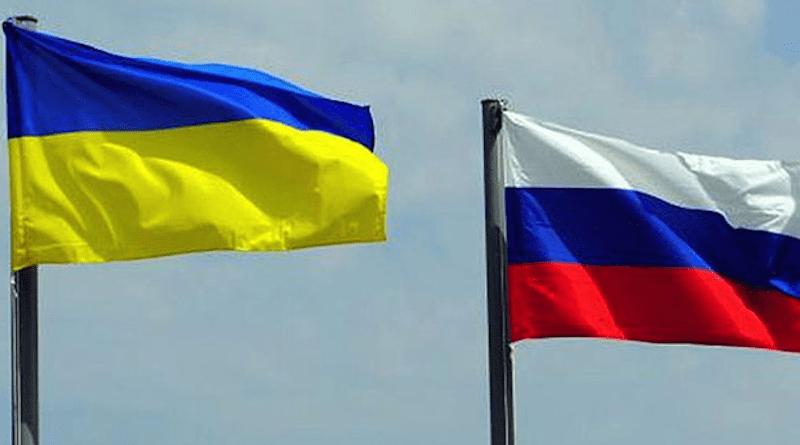Concise IR Theory Explanation Of Current Russia-Ukraine Conflict – OpEd
Experts explain the current Russia-Ukraine conflict from various perspectives. Although liberalism can explain the war to some extent, realism is able to explain the entire situation better. However, it should be noted that classical realism, which is based solely on power and blames mankind’s egoism, may not be able to explain every aspect of the ongoing war. To comprehend the entire situation, the arguments of both sides must be evaluated, as well as the conflict’s history.
On the one hand, liberal theory highlights several key aspects of this armed conflict. Ukraine is a symbol of the liberal order in this war. It is governed by liberal institutions and has free elections. It also has positive relationships with other liberally governed states. Meanwhile, Russia is seen as the polar opposite. It has poor relations with other liberal countries and does not represent the liberal order. Furthermore, Ukraine is regarded as a country that has emerged from the shadow of the Soviet Union and, later, the influence of Russia. Therefore, there are several reasons to view the conflict as a war between the liberal order and its opposite. Since liberalism assumes that mankind is perfectible and that the world is moving towards idealism, it would view Russia as a state which challenges this positive trend.
Realism, on the other hand, does a better job of explaining the war. Mainly because realism does not consider conflict to be an exception or something that should not occur. Indeed, realism sees conflict as unavoidable and all-encompassing. And, as realism assumes, wars have occurred throughout history. It assumes that states have self-interested goals and are egoistic in nature. This explains why, when asked if the use of nuclear weapons was an option, Vladimir Putin stated, “we do not need a world without Russia.” The role of power in international relations is emphasized by realist theory. Offensive realism would argue that by starting this war, Russia is attempting to expand its sphere of influence or even its territory. Russia has decided to reclaim its power in the international arena by demonstrating to the world that it matters. Furthermore, offensive realism is persuasive in this case because Russia is not having an armed conflict with a neighbor for the first time. Defensive realism would interpret the situation differently. It would say that Russia was forced to start this war in order to ensure its security. Because accepting its neighbor would endanger Russia, defensive realism would dictate that NATO’s expansion to its borders be halted. This argument is used by the Russian leadership to justify its “military operation.”
Apparently, realism explains the conflict better because it examines more aspects of the war. This is not to say that the arguments of the liberal theory are incorrect. However, by viewing the conflict from a narrower perspective, liberalism only partially explains it. Furthermore, when considering the conflict’s history, realism can be said to explain it better than liberalism.
As previously stated, classical realism, which is based solely on power and prestige, may not be able to explain all aspects of the war. I believe Robert Gilpin’s assumption that states weigh the costs and benefits of war is useful and should be included in the analysis. Because Ukraine is in such a strategic location, Russia appears to have calculated the advantages of going to war. Russia, for example, ensured its access to warm-water ports by seizing control of Crimea in 2014. It was probably expecting international backlash and sanctions, but it appears that the benefits of accessing warm-water ports outweighed the costs. It is also reasonable to assume that Russia anticipated sanctions this time as well. However, invading Ukraine seems to provide more benefits than its costs.
However, it should be noted that the theories merely help explain the current crisis; they should not be used to justify any action. Only if an action is compatible with international law can it be justified. Otherwise, the law would serve no purpose.
*Ali Mammadov is pursuing Master of Arts in International Relations at Johns Hopkins School of Advanced Studies (SAIS). He has received his Bachelor’s degree in Finance and Economics from George Washington University.

